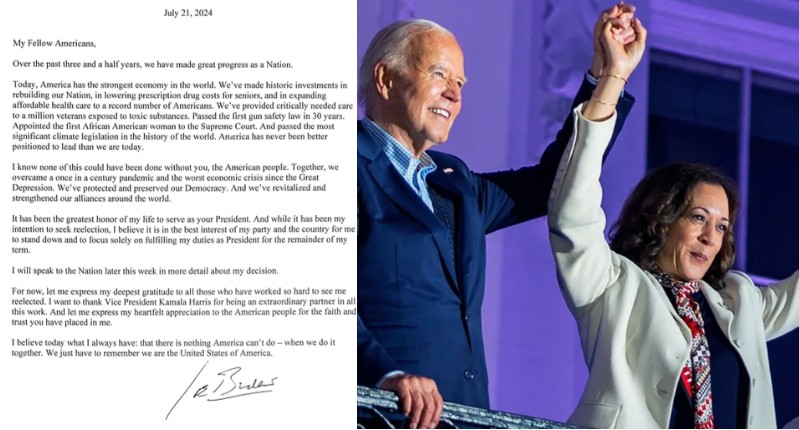Senator Bernie Sanders sparks controversy and hope with his announcement of legislation aimed at establishing a 32-hour workweek as the new standard in America. The proposal, which promises no reduction in pay for workers, challenges the traditional norms of the labor market and draws both praise and criticism from various quarters.
Senator Bernie Sanders, a vocal advocate for workers’ rights, argues that the current state of affairs, where employees work longer hours for stagnant wages, is unsustainable. By leveraging technological advancements to improve the lives of workers, he aims to address issues of overwork, stress, and income inequality.
Sanders: The Case for a 32-Hour Workweek
Senator Bernie Sanders makes a compelling case for transitioning to a shorter workweek, citing the exponential increase in productivity over the decades without corresponding improvements in working conditions or compensation for workers. He emphasizes that advancements in artificial intelligence and automation should not solely benefit corporate interests but should also prioritize the well-being of the working class.
The proposed legislation not only seeks to enhance the quality of life for workers but also acknowledges the changing nature of work in the modern era. By advocating for a 32-hour workweek without a pay cut, Sanders aims to redistribute the gains of technological progress more equitably among the populace.
Reaction from Corporations and Republicans to Sandal’s Proposal
Senator Bernie Sanders’ bold proposal elicits strong reactions from corporations and Republican lawmakers, who view it as a threat to their interests and traditional economic models. Critics argue that implementing a shorter workweek could lead to decreased productivity and competitiveness in the global market, potentially harming businesses and the economy.
Some opponents dismiss Sanders’ initiative as unrealistic and impractical, highlighting potential challenges in implementation and its impact on industries that rely heavily on long working hours. However, supporters of the legislation counter these arguments by emphasizing the potential benefits for both workers and society as a whole.
Senator Bernie Sanders Proposes for Shifting Paradigms in the Workplace
Senator Bernie Sanders’ push for a 32-hour workweek reflects broader shifts in societal attitudes towards work-life balance and the role of technology in shaping the future of employment. As automation increasingly replaces manual labor and repetitive tasks, there is growing recognition of the need to rethink traditional work structures and prioritize human well-being over productivity at all costs.
Advocates argue that shorter workweeks can lead to greater employee satisfaction, increased creativity, and improved mental health, ultimately fostering a more resilient and sustainable workforce. By challenging the status quo, Senator Bernie Sanders aims to initiate a conversation about reimagining the future of work in a rapidly evolving world.
Potential Implications and Challenges
While the prospect of a 32-hour workweek holds promise for many workers, there are also potential implications and challenges that need to be addressed. Employers may need to reconfigure schedules, implement flexible working arrangements, and invest in automation and efficiency measures to adapt to the new paradigm.
Furthermore, there may be concerns about the impact of reduced working hours on industries that rely on continuous operations, such as healthcare and emergency services. Balancing the needs of workers with the demands of essential services will be a key consideration in the implementation of Sanders’ proposed legislation.
Senator Bernie Sanders Proposes A New Era of Work
As Senator Bernie Sanders continues to champion the cause of a 32-hour workweek, the debate surrounding the future of work intensifies. The success or failure of his legislative initiative will shape the trajectory of labor relations and economic policy in the years to come, influencing how society navigates the challenges and opportunities presented by technological advancement.
Ultimately, Sanders’ vision for a shorter workweek serves as a rallying cry for workers’ rights and social justice, challenging entrenched power structures and advocating for a more equitable distribution of wealth and opportunity. Whether his proposal becomes a reality remains to be seen, but one thing is clear: the conversation about the future of work has only just begun.
Table of Contents
Discover more from OGM News NG
Subscribe to get the latest posts sent to your email.














